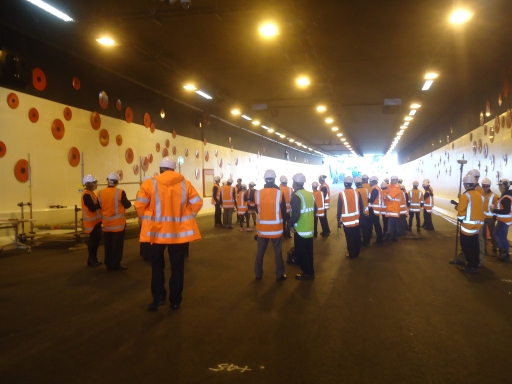New Zealand has announced plans for an ‘historic’ week of Anzac commemorations in the capital, Wellington, to mark the centenary of the Gallipoli landings.
The programme begins with the official opening of Pukeahu National War Memorial Park, the Government’s cornerstone remembrance project, on April 18th.
It culminates on April 25th, the 100th anniversary of the Allied attack on Turkey in 1915, with a live broadcast from Gallipoli of the Centenary Dawn Service on big screens.
The details were announced by New Zealand’s Culture & Heritage Minister, Maggie Barry.
She said: “Anzac Week is a one-off series of historic events in our capital city.
“It is a chance for everyone to honour our past, acknowledge the sacrifices of previous generations and to understand how our history has influenced who we are as a nation.”
Pukeahu National War Memorial Park is the New Zealand Government’s single largest commitment to remembering the First World War Centenary, and the 18,500 New Zealanders who did not return.
‘Arras Tunnel’
As part of the project, a major road has been diverted into a newly-built underpass.
It’s named the Arras Tunnel, and decorated with poppy emblems, in memory of the New Zealand soldiers who dug a network of tunnels in the run-up to the Battle of Arras in France in 1917.
Heritage Minister Maggie Barry said: “This two-and-a-half year building project has been a mammoth undertaking and required extraordinary commitment to get it finished in time for Anzac Day this year.”
“I am delighted to announce that construction is ahead of schedule and we will be able to start opening up areas of the park to the public from March 25th.
“I would like to thank everyone who has worked so hard to make this possible and also acknowledge the support of Wellington City Council in making the dream of the park become a reality.”
Centenary exhibitions
Two major Centenary exhibitions open in Wellington on Saturday April 18th, at the Dominion Museum and Te Papa (Museum of New Zealand).
There will also be the first screening of a sound and light show, WW1 Remembered. Imagery will be projected onto the faces of the Dominion Museum and War Memorial Carillon nightly until Anzac Day.
The Anzac Week programme continues on April 20th with the dedication of the new Australian Memorial at Pukeahu.
The New Zealand Government says it will ‘symbolise the strength and importance of the Anzac relationship, and is a reciprocal gesture to the New Zealand Memorial in Canberra.’
Anzac Week activities are being planned jointly by a range of agencies including the Ministry for Culture & Heritage, Wellington City Council, New Zealand Defence Force and the Department of Internal Affairs.
More details can be found on the New Zealand Ministry for Culture and Heritage website.
Information & images sourced from Ministry for Culture & Heritage -Manat Taonga (Creative Commons via flickr)
Posted by: Peter Alhadeff, Centenary News
